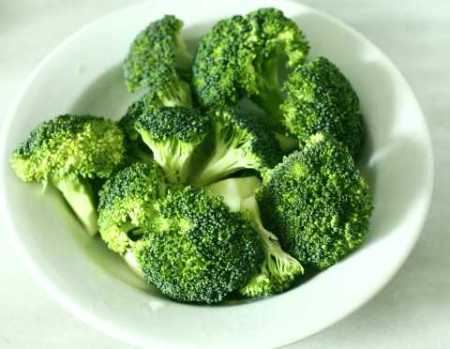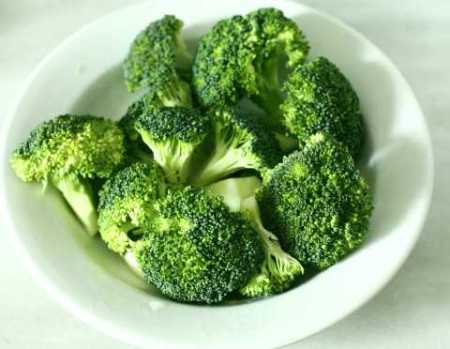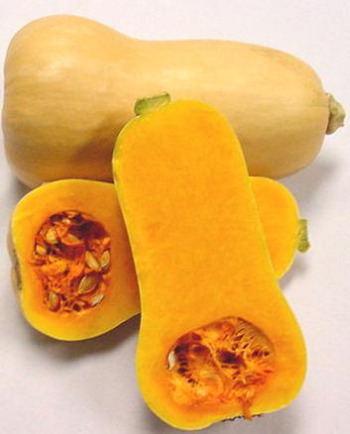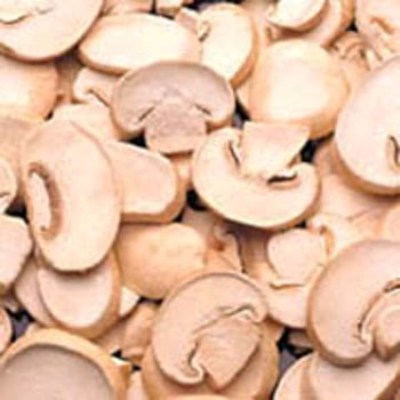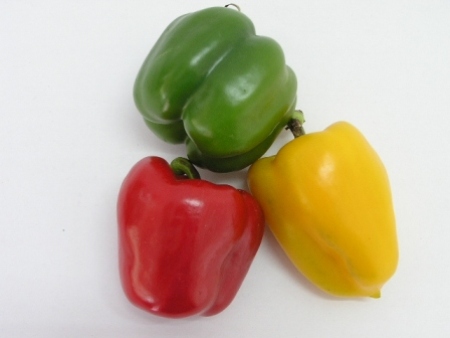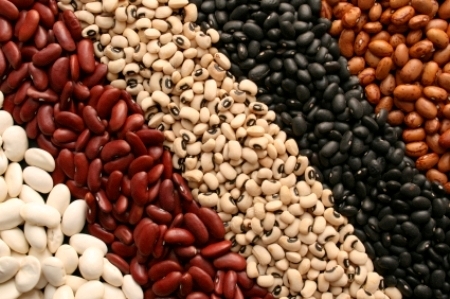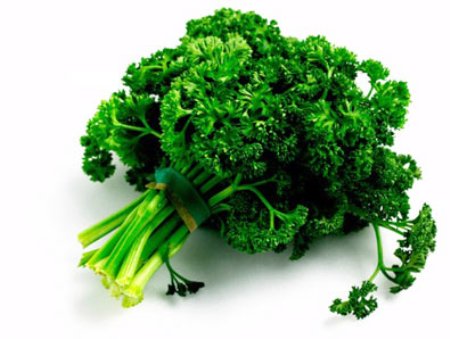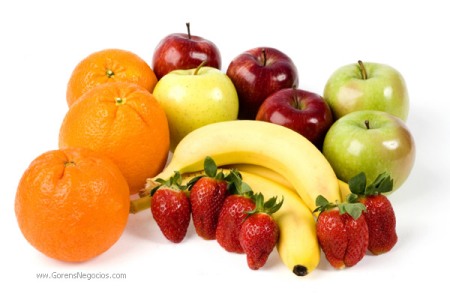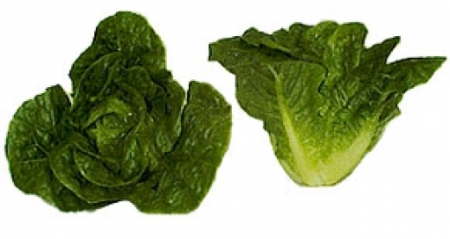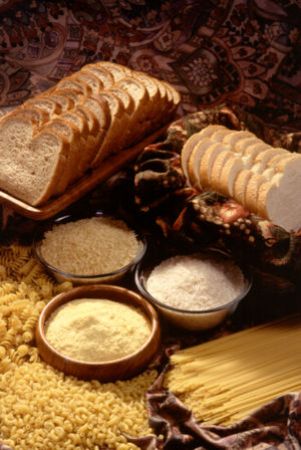Folic acid is a vitamin B that is essential for DNA synthesis and a number of other vital bodily developments and functions. Doctors and nutritionists recommend a daily dose of 400 micrograms to elderly people which can be obtained from broccoli, squash, mushrooms, bell pepper, beans and other legumes, parsley, romaine lettuce, fortified grain products and fruits and juices.
Broccoli
Broccoli provides a moderate amount of folic acid to you. In every 1/2 cup of broccoli you get 51 micrograms of folate. Broccoli is suggested for elderly people because it is easily digestible. Apart from providing folic acid, broccoli also provides many other vital nutrients that are specially good for elderly people. You can add broccoli in your daily diet whether in raw or cooked form and both would provide you with similar amount of folic acid. Broccoli does not have any ill side effect and can be consumed by anyone. It is also easily available.
Squash
Squash, particularly winter squash, is another source of folic acid. It has been found that 1 cup of winter squash can meet around 15% of the daily bodily requirement of an elderly person. Apart from providing folate, squash is also a good source of other nutrients like Vitamin B1, Vitamin C, Vitamin B6, niacin, pantothenic acid, fiber and potassium. There are varieties of winter squash available like acorn, butternut, turban, hubbard, spaghetti squash and pumpkin. You can safely include squash in your daily diet and not bother about any side effect. Include squash in baked, boiled or pie form and get the benefits from the vegetable.
Mushroom
Mushrooms are powerhouse of a number of nutrients like proteins, vitamins, minerals, amino acids, anti-oxidants and antibiotics. Mushrooms contain calcium, potassium, iron, vitamin D, copper, selenium, etc apart from being a good source of folic acid. Mushrooms are low in fats and cholesterol and very low in carbohydrates which makes them suitable for consumption by elderly people. Mushroom also helps lower cholesterol, prevents breast cancer and prostrate. Along with that, mushroom also boosts immune system. You can add mushroom in your daily diet whether by adding them in soups, salads, stews, casseroles, sandwiches or simply using them as appetizers. However, while choosing or buying mushroom you should be extra cautious as mushrooms can be highly poisonous and can even cause death.
Bell pepper
Bell pepper is a good source of folate or folic acid. 1 cup or 92 grams of raw bell pepper helps you to get 10.5% of the daily requirement of folic acid. Bell peppers are also rich in other nutrients such as vitamin C, vitamin, A, vitamin B6, B2, B3, B1 B5, Vitamin E, Vitamin K, manganese, potassium, trytophan and other antioxidants. Bell peppers also provide a good amount of fiber to you. Bell peppers come in varieties of colors and all are similarly healthy for you. They hardly contain any nutrient that can cause harm or damage to you and hence can be consumed by all. They are very easily available too. Bell peppers can boost up the flavor of any food or dish and hence can be added to a number of dishes or food preparations. You can include bell peppers in your diet in raw or cooked form.
Beans and other legumes
Beans, peas and lentils are rich in folic acid. Beans such as soybeans, lima beans, white beans, baked beans, cow peas all contain a generous amount of folate along with other essential nutrients and minerals like calcium and protein. It has been found that 1 cup or 30 micrograms of canned baked beans can meet 8% of the daily requirement of colic acid. While 179 micrograms or 1/2 cup of cooked or boiled lentils can meet 45% of the daily folate requirement, 47 micrograms or 1/2 cup of green peas can meet 12% of the daily requirement of folic acid of a person. Beans and leguems can be safely added to your daily diet and are easily available during any time of the year.
Parsley
Parsley not only boosts up the flavor of food that it is added into but it also provides a lot of nutrients and health benefits. Parsley is one of the good sources of folic acid apart from being rich in antioxidants such as luteolin, vitamin C, vitamin A, vitamin K. Parsley has anti-cancer elements along with anti-inflammatory agents in it. Parsley also helps to strengthen immune system. All these provide added advantage to elderly people making parsley a very good choice for deriving folic acid from. Parsley can be added to your regular diet without any hazards and it is widely available too.
Fruits and juices
Various fruits, fruit juices and vegetable juices provide essential folic acid to you. Banana, melon, lemon, grapefruit, raspberry and strawberry are some of the fruits that contain moderate amount of folic acid in them. Apart from that, fruit juices like orange juice, canned pineapple juice, grapefruit juice also provide folic acid in a moderate amount. Some vegetable juices such as tomato juice also contain folate in it. Including any of these or more than one of these options in your regular diet to meet the daily requirement of folic acid is a good option. These fruits and vegetables are easily available. However, some people have problem with citrus fruits and they should keep away from such fruits or fruit juices and choose from the other variants of fruits that provide folic acid.
Romaine Lettuce
Romaine lettuce is one of the best sources of folic acid. One serving of romaine lettuce provides you with 16% of your daily requirement of folic acid. Apart from that, romaine lettuce also contains protein, vitamins A, K & C, manganese, magnesium, calcium, iron, potassium, fiber and zinc. Romaine lettuce does not contain fat or cholesterol. It decreases the chance of stroke and heart attack and also helps reduce blood pressure levels. All these make romaine lettuce an ideal food to be included by elderly people in their diet.
Fortified grain products
Enriched grain products are very high in folic acid and therefore one of the best sources for meeting the daily requirement of folic acid by elderly people. Fortified grain products like pasta, bread, cereal and certain breakfast cereals contain folic acid that can meet 25% to 100% of your daily requirement of folic acid. Fortified grain products can be safely incorporated in your daily diet and the availability of such products is merely a problem.


